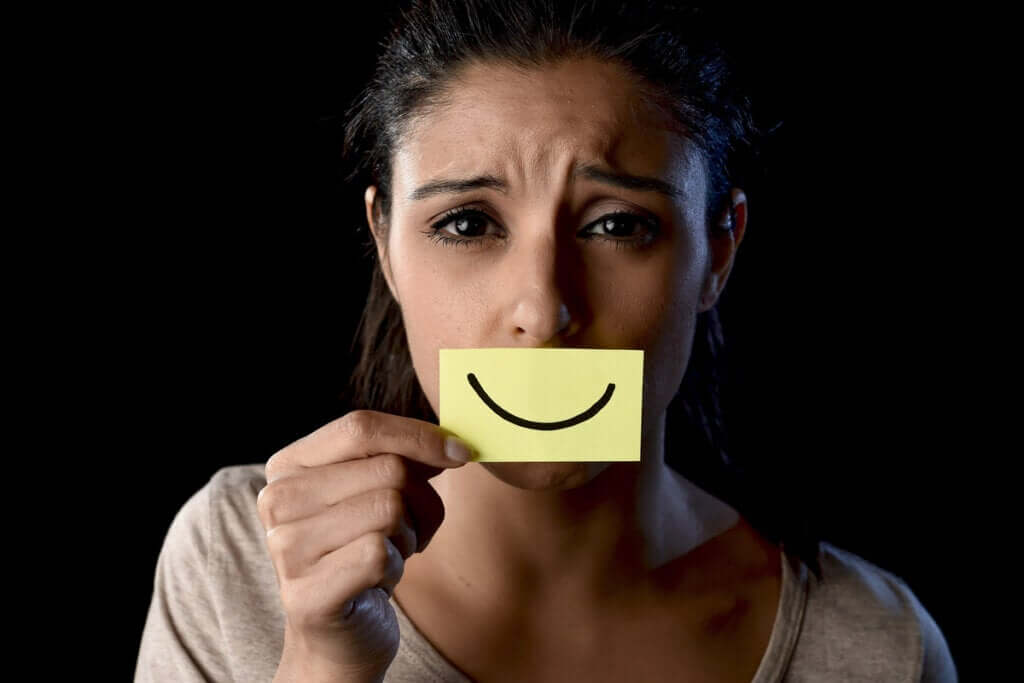For many, positive psychology was born in the 1990s by Martin Seligman. In its definition, it is “the scientific study of what makes life worthwhile. “Since then, coaches, motivational speakers and self-help books have forced us, be happy. It is called happycracy, and today we will reflect on the psychological effects of this imposed happiness.
Is it bad to have a bad day? Feeling bad when I’m sick, isn’t it good?Does this mean that when things don’t go the way I want to, it means I need professional help to learn how to manage my life?
- Pathologizing normal emotional states ends up causing an epidemic of unhappiness that is triggered precisely because we believe ourselves unhappy.
- Simply because we do not conform to the definition of happiness that they are trying to impose on us.
What is happiness?Does it have a universal meaning?Can anyone teach you to be happy or give you the keys to achieving this goal?The positive psychology industry promises to do so. However, if this were true, the incidence of depressive disorders and the number of suicides would not increase as they increased.
What happycracy is trying to tell you is that if you’re not happy, it’s your fault, your way of thinking and dealing with different situations, and your inability to handle negative feelings. Why do you now have every means to be happy?according to advocates of positive psychology: coaches, self-help books, stickers to stick in the mirror and be happy brushing your teeth in the morning?
This obligation appears to be derived from James-Lange’s theory of emotion, which falsely claimed that feelings were derived from facial expressions. It would be something like “I’m sad because I’m crying” instead of “I’m crying because I’m crying. ” sad”.
In other words, does that mean that even if the world collapses, if I smile, I can feel happy?Or that even if I go through a complicated stage of life, drinking coffee reading motivational messages will make my problems go away?
Of course not, but the number of people who consume this type of merchandise is incredible and the problem is that the consequences of thinking like this are very negative, starting with a total and absolute intolerance to discomfort, even minimal.
As we have already mentioned, we are quite intolerant with the discomfort, ours and that of others, we cannot feel and accept sadness. How many times have you told someone in the midst of a teardrop: “Don’t cry!”How many times have you told yourself, don’t you want to cry?When your body was screaming for it? It’s a mistake: emotions are adaptive, have a function, crying is sometimes necessary and healthy.
Messages like this, or like many others that have certainly come to mind when reading this article, provoke even more negative feelings than the original emotion, being able to even lead to the development of more serious emotional disorders What are these consequences?
Feelings of guilt and different levels of pressure. Pressure because happycracy forces you to be very fast, right away, because “life is wonderful and if you cry, half your life goes away. “And the fault comes not only from the fact that you feel bad at some point, but also from not finding ways to feel better.
Because even if you need to be sad for a week, it’s too much for society, and it can seem like you’re exaggerating, lengthening your condition, or even liking feeling that. Blame people for feeling uncomfortable, is there anything less human than that?Can it cause?
Both real and perceived. We feel and realize that the people around us don’t accept our emotional state, or maybe they just can’t tolerate it and get a little away from us, and that’s because just as we don’t know how to accept our sadness and discomfort, we don’t know how to respond to the discomfort of others.
We are social beings and the reality is that social support is, in many cases, fundamental to getting out of the routine and recovering from a bad situation, this makes us feel loved, validated and accepted, if we don’t have it, things get complicated and we start to have bigger problems, like stress and anxiety.
There is nothing more real, sincere and healthy than accepting sadness or anger, it is normal to have days when as resilient as we are we cannot overcome a certain situation, distorted circumstances that oppress us or that we do not know how to repair.
Having bad gray days doesn’t make you a worse person, but a real person. Beware of eternally happy people; eternal well-being does not exist. Their coping strategy can be avoidance, which is much less healthy and less constructive and adaptive than experiencing and accepting negative emotions.
Forcing yourself to smile when it’s broken inside is one of the aggressions that can most affect your mood.
Emotions, both positive and negative, have different functions, that is, they are necessary, constantly covering them will only aggravate problems in the long term, as we have seen above.
Respect our emotions and those of others, validate and normalize them, and promote emotional collapse?Not only do ours and others make us more human, but it also facilitates a healthy and respectful transition to a more positive emotional state. No obligations, no taxes, no hurry.
Remember, you’re much more than a negative emotion.

